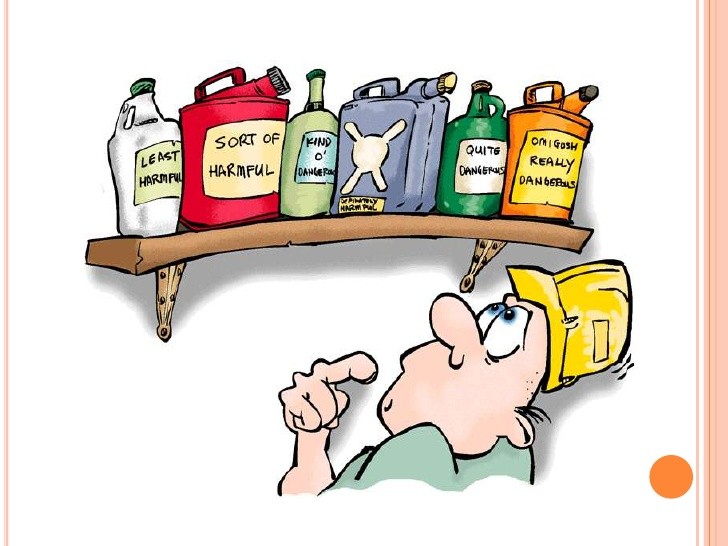“Causes of anemia-Chemotherapy damages bone marrow. But this is usually temporary, and anemia usually improves a few months after chemotherapy ends..”
Anemia can either be a symptom of multiple myeloma (MM) or a side effect of chemotherapy for the treatment of multiple myeloma. This blog post is about anemia as an adverse event aka side effect of chemotherapy.

When MM patients undergo chemotherapy most have their red blood cells (hemoglobin) levels drop. If you undergo chemotherapy for your MM it’s not a matter of if your red blood cells drop but how much they drop.
Many MMers have their red blood cells drop enough to require a therapy holiday.The MM patient must stop all chemotherapy in order to prevent the further drop of hemoglobin.
One of the many blood tests that MMers get regularly is the CBC (complete blood count). One of the “blood counts” is hemoglobin and red blood cells. If your hemoglobin and RBC levels drop a little bit but remain in the normal range then, in my exerience, you may feel tired but still be okay. If your hemoglobin and RBC levels drop below the normal range you will feel tired and your oncologist may call for a chemo holiday.
Have you been diagnosed with multiple myeloma? Do you have anemia? I am both an MM survivor and MM cancer coach. Multiple myeloma is a complicate, incurable blood cancer. Experience and research have taught me that MM patients need to use both conventional (FDA approved) and evidence-based, non-conventional therapies to manage their cancer.
Therapies to manage anemia are:
- Blood transfusion
- Medications (erythropoiesis-stimulating agents (ESAs))
- epoetin alfa (Epogen, Retacrit, Procrit) and darbepoetin alfa (Aranesp)
- Vitamin or mineral supplements
- Foods-(red meat, beans, broccoli, others)
Please scroll down the page, post a question or comment and I will reply to you ASAP.
Thank you,
David Emerson
- MM Survivor
- MM Cancer Coach
- Director PeopleBeatingCancer
Recommended Reading:
“About red blood cells- Red blood cells contain hemoglobin. Hemoglobin is an iron protein that carries oxygen to all body parts. When red blood cell levels are too low, the body parts do not get enough oxygen. As a result, they cannot work properly.
Red blood cells are made in bone marrow. Bone marrow is the soft, spongy tissue found inside larger bones. A hormone called erythropoietin tells the body when to make more red blood cells. This hormone is made in the kidneys. Therefore, damage to bone marrow or the kidneys can cause anemia.
Signs and symptoms-Managing symptoms, which can include anemia, is an important part of cancer care and treatment. This is called palliative care or supportive care. Talk with your health care team about any symptoms you or the person you are caring for experience.
People with anemia may have some of these symptoms:
Causes of anemia-
- Chemotherapy. Chemotherapy damages bone marrow. But this is usually temporary, and anemia usually improves a few months after chemotherapy ends. Also, chemotherapy with platinum drugs may harm the kidneys. These drugs include cisplatin (Platinol) and carboplatin (Paraplatin).
- Radiation therapy. Certain types of radiation therapy damage bone marrow:
- Radiation therapy to large areas of the body
- Radiation therapy to bones in the pelvis, legs, chest, or abdomen
“Anemia due to chemotherapy isn’t something we hear about as often as, say, hair loss, but it is a very common and undertreated side effect of chemotherapy. Anemia can result in fatigue and lightheadedness as well as other symptoms, but fortunately, it is relatively easy to diagnose with a complete blood count. When severe, treatment options can include blood transfusions, iron supplements, or medications to stimulate blood cell production.1 That said, anemia related to chemotherapy can often be managed with conservative measures to cope with the symptoms…
Incidence-Anemia during chemotherapy is extremely common, with one study finding that 89.5% of people with solid tumors receiving chemotherapy experienced some degree of anemia. Thankfully, the vast majority of these people suffered only mild to moderate anemia.3..
Causes- There are several causes of anemia during cancer treatment, including:
- Chemotherapy medications—Chemotherapy attacks rapidly dividing cells, including the cells that eventually form red blood cells.6
- It may also cause mouth sores, taste changes, or nauseathat can reduce your intake of nutrients needed to make red blood cells.
- Bleeding—Loss of blood due to surgery or from coughing up blood (hemoptysis) can cause anemia.
- The cancer itself—Anemia can occur with many chronic illnesses, either due to the disease itself or due to nutritional deficiencies resulting from the disease or treatment.
- Kidney failure—This is more common in elderly patients and a possible result of dehydration and the cancer itself.7
Coping-The best way to cope with anemia is to allow yourself to take it easier than usual until your body is able to catch up and make more red blood cells. The good news is that anemia is one cause of fatigue that is very treatable and it will usually begin to improve a few weeks after completing chemotherapy.
While you are anemic, try to:
- Get an adequate amount of sleep and nap when needed.
- Stand up slowly, especially when you have been sitting or lying down for an extended period of time.
- Drink plenty of water.
- Avoid caffeine, tobacco, and alcohol.
- Ask for help…”




